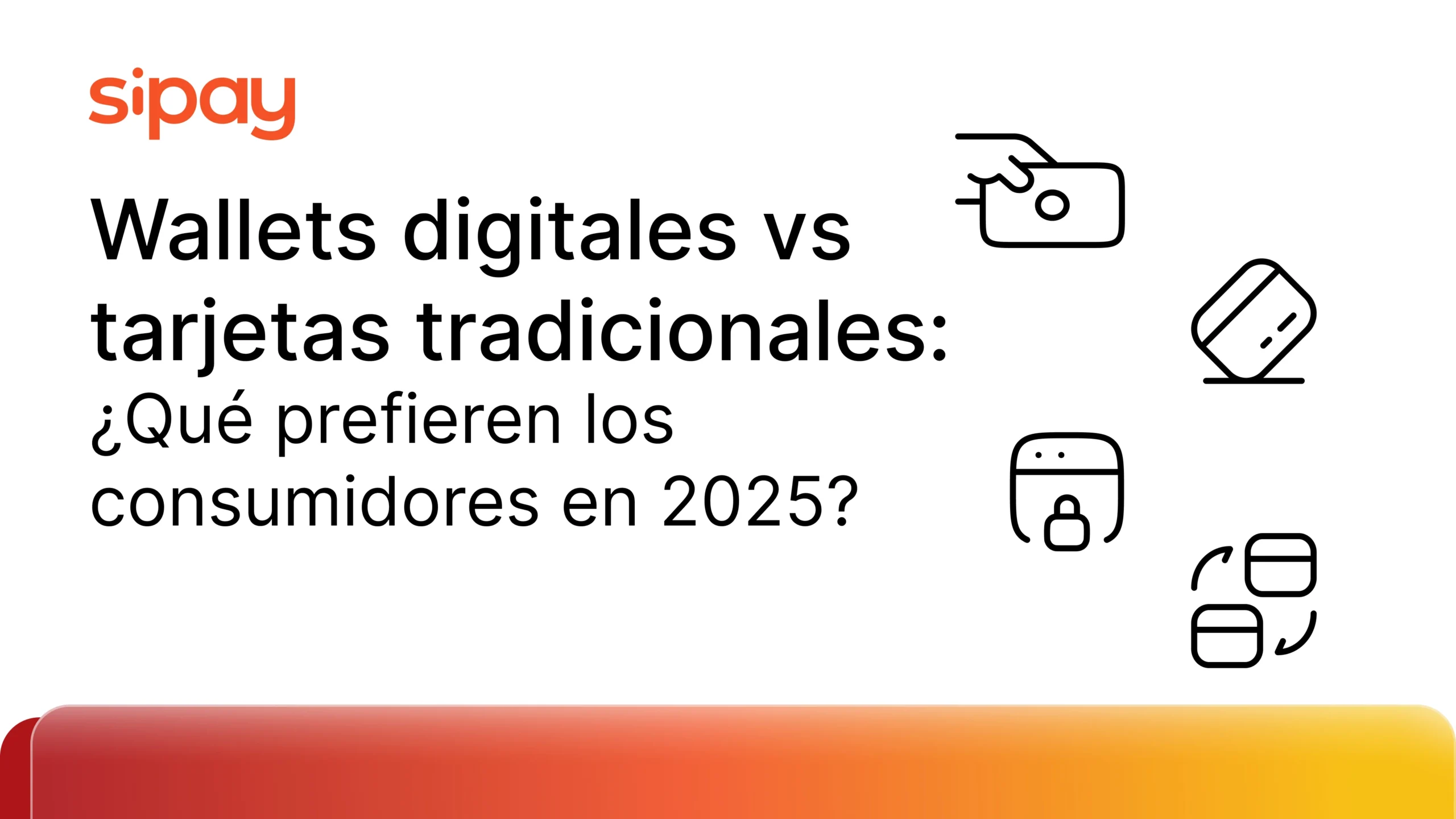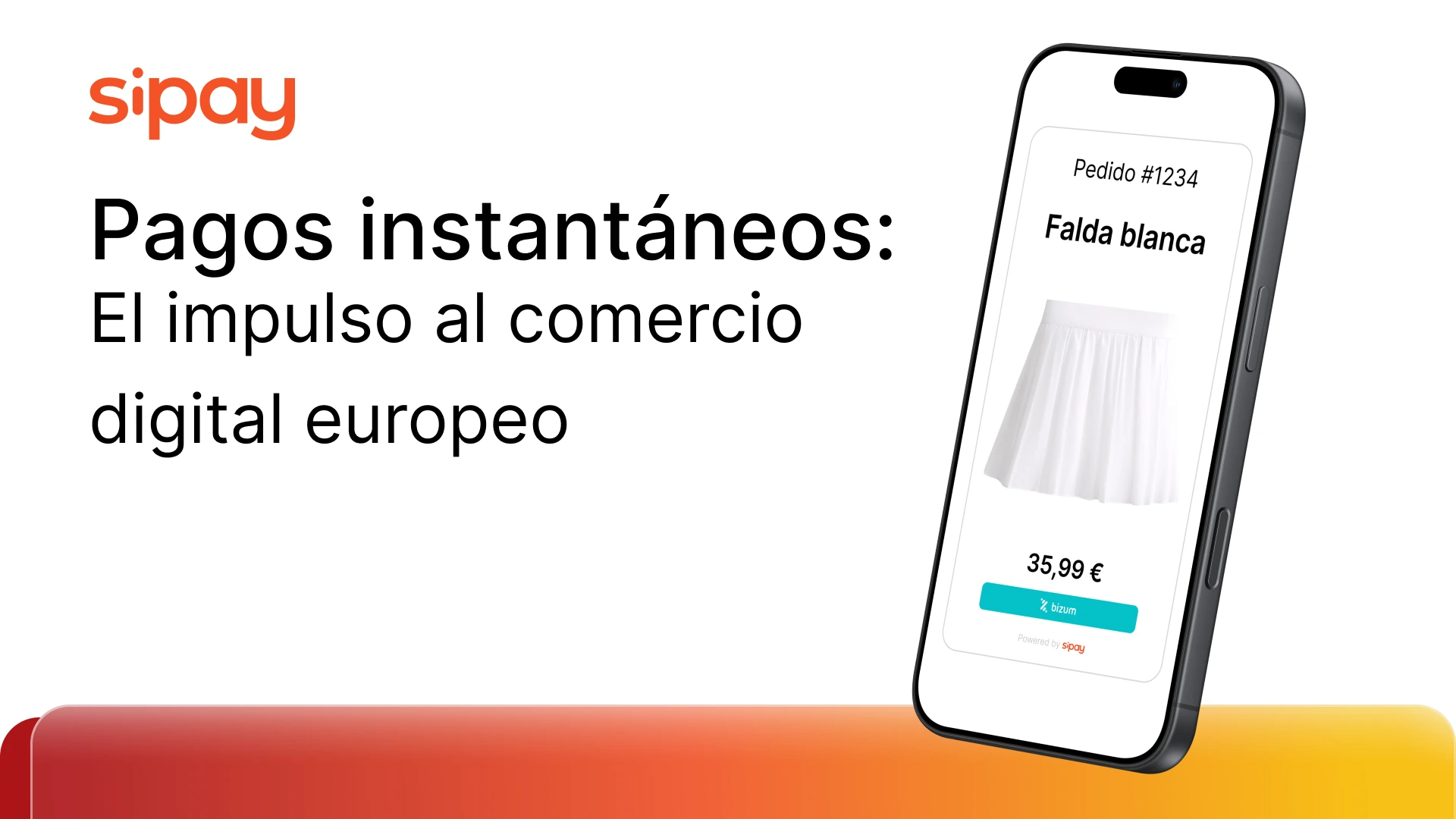How can the payment process add value to the tourism business? Customization, UX, consumer confidence… It is no longer enough to sell: it is up to the customer to fall in love.
Nowadays, Spain is one of the countries that receives more visitors a year, with more than 82 million international tourists in 2017, leaving a total expenditure of 87,000 million euros. It is not surprising, therefore, its great relevance within the Spanish economy, as well as within ecommerce: travel agencies and tourism in general rise as the sector that accumulates more online purchases, with 14.8% of the total, followed by airlines, with 11.8%. In other words, 26.6% of online commerce in our country is carried out around the tourism sector.
The boom in the sector also leads to an increase in the number of businesses operating in it, as well as in competition. Hotels, restaurants, airlines… Everyone tryes to attract as many customers as possible and keep them loyal so that they can return in the future. The personalization of services and the best customer experiences will be fundamental keys to achieve this.
In this context, it is important to take care of the purchase process, as well as the service offered in all its phases, from the search for information to the moment of checkout, because a bad experience in one of them could ruin the effort put into the others. Within these phases, the payment process is not usually the business core, but it must be careful for not being a tedious moment or less pleasant for the user. But how can the payment process add value to the business? What should we look for in order to choose the best supplier?
Improved user experience
User Experience (UX), Customer Centric… The payment process must ensure the best user experience, helping to increase conversion rates thanks to its simplicity and loyalty to the consumer for future sales. Within the tourism sector, complexity increases for two reasons:
On one hand, the different channels used for sales: the purchase process is often initiated online, or through agencies, and payment can be completed in this same channel or in the physical establishment. This makes essential the integration of an omnichannel strategy for the merchant, which gives the customer the flexibility to start and complete the purchase process at the time and in the way that suits him best.
On the other hand, the extra services that take place in the hotel environment. It is usual that within the hotel the client can enjoy catering services, spa, massages, room service, etc., which add extra value to the stay. The complexity lies in deciding if we want the client to make a payment each time he enjoy any of the services. To avoid this, there are options such as the tokenization of the guest card at the beginning of the stay, thus storing their data securely to make an automatic collection of all services at the end of the stay.
International customers
Within the tourism sector it is common to find a large number of international customers, who will have different needs to those of the local consumer. On the one hand, the different currencies of visitors from countries outside the Euro Zone will make it convenient to have a system that allows them to pay in the currency they prefer, either local or in their currency of origin. To this end, services such as DCC (Dynamic Currency Conversion) will be useful, which allows the conversion of the currency at the time of payment so that the foreign user can pay with the card in his original currency, being able to know at the same time of purchase the conversion rate for the amount of the purchase.
In addition, the most common payment methods vary from country to country, so offering the right method can inspire greater confidence and comfort for the tourist. For example, in countries like Brazil the Boleto Bancario is one of the most commonly used methods, while in China users are used to pay through alternative payment methods such as WeChat Pay or payment through QR codes.
Consumer confidence
The average ticket of tourist services usually has a relatively high amount, and that’s why it is essential to have greater security throughout the process, thus increasing user confidence, especially when the service is contracted in the online environment. Having a service provider that complies with security certificates such as PCI DSS will be essential. Compliance with this international standard created by major card brands helps prevent security breaches, as well as consumer data theft, reducing the risk of fraud in both the online and offline environment.
Service customization
When choosing the most suitable supplier for the business, it is also important that the supplier is able to advise and understand both the sector and the type of consumers and payment methods it will need, being able to offer a personalized service for each customer.
In this sense, there are payment gateways with extensive experience, as is the case of Sipay Plus which, after 25 years in the payments sector, continues evolving to offer its customers the greatest innovation and security, allowing them to integrate all the payment methods necessary for their business on a single platform.
Ultimately, in an environment where the consumer is the king and personalization rises as the way to get to him, the payment process cannot be left aside as a key point for increasing conversion rates and loyalty.



